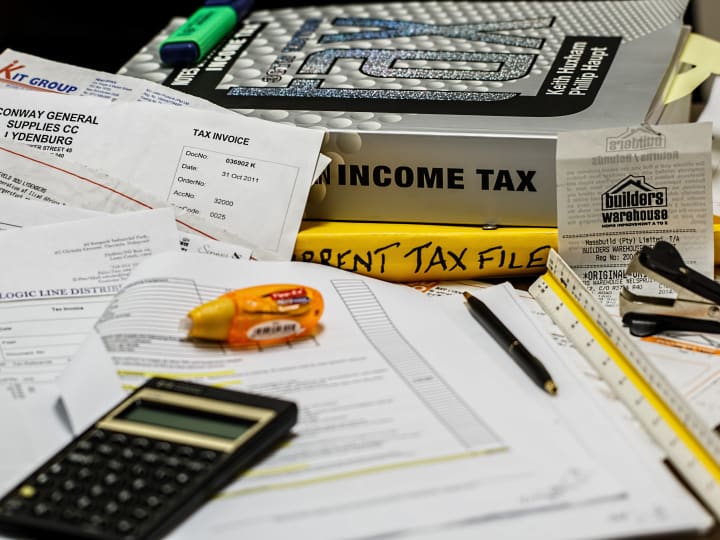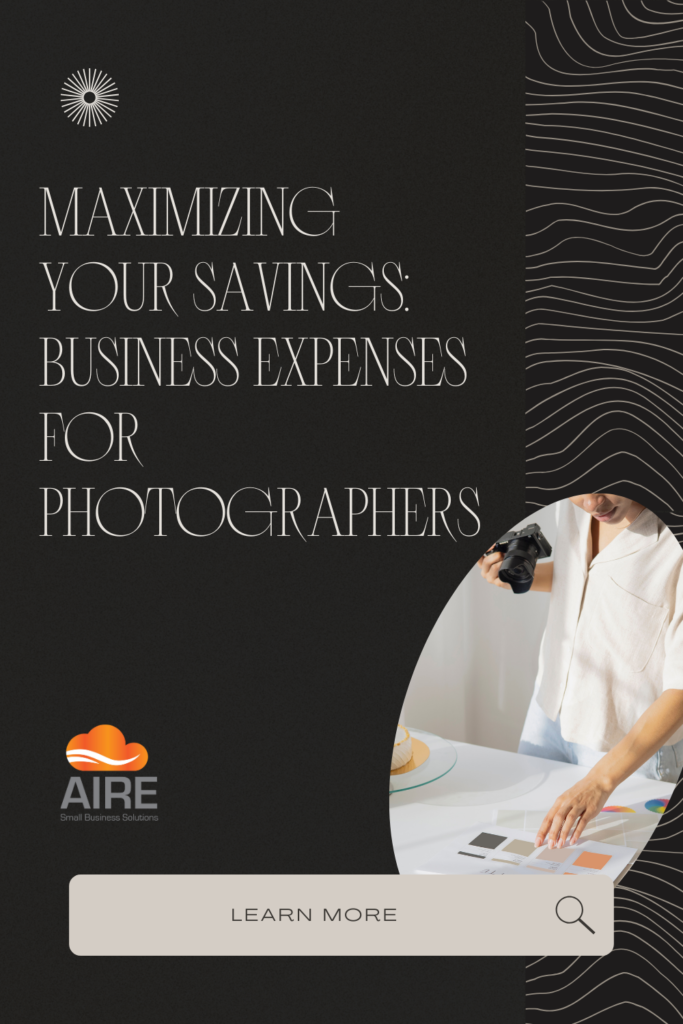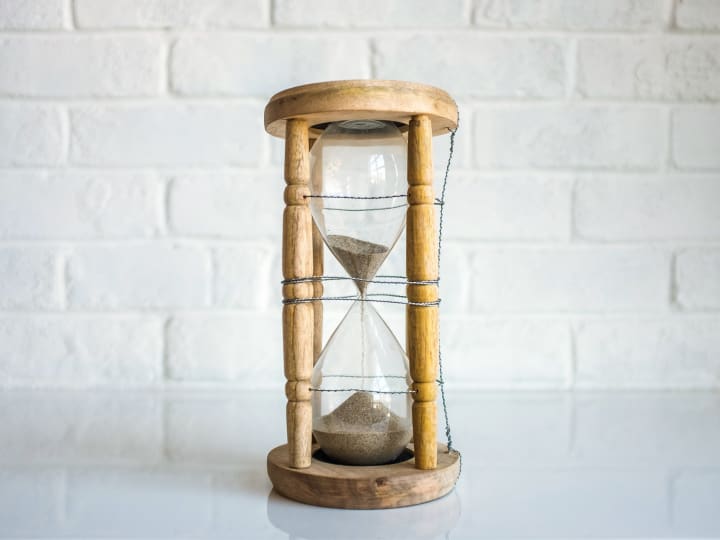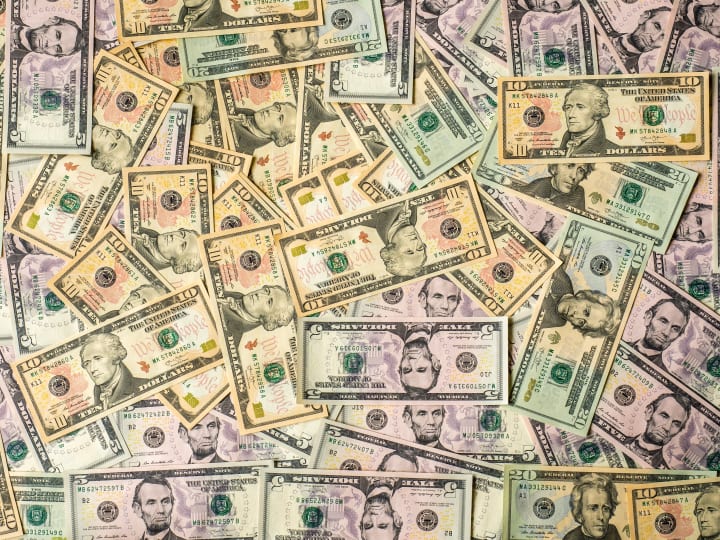Running a photography business requires you to not only have a great eye for capturing moments, but also a firm grasp on managing finances. Understanding the expenses for photographers is essential for maximizing your savings and ultimately, your profits. As a photographer, there are a multitude of expenses that come with running your business. From equipment purchases to software subscriptions and marketing materials, it’s important to know what costs to expect in order to plan accordingly. In this blog post, we will break down the key business expenses for photographers that you should consider when starting or managing your own photography business.
What Are Business Expenses?

As a photographer, running a business means incurring expenses. These expenses can be broadly classified as business expenses. In simple terms, business expenses are the costs incurred while running a business. Business expenses can include anything from purchasing equipment, office supplies, and marketing materials to renting studio space or attending photography workshops and conferences.
In addition to the direct costs of running a photography business, expenses related to travel, networking, and outsourcing work can also be included as business expenses. In fact, even the cost of maintaining a professional website can be classified as a business expense.
As a photographer, understanding and tracking your business expenses is critical to keeping your finances in order and maximizing your savings. By taking a proactive approach to monitoring your expenses, you can identify opportunities to cut costs and make smarter decisions for your business. In the next section, we’ll explore why tracking your business expenses is so important.
Why Track Your Business Expenses?
As a photographer running your own business, it’s essential to track your business expenses. It’s not just about staying organized; it’s about maximizing your savings come tax season. Keeping track of your expenses is important for several reasons:
- Claiming tax deductions – The money you spend on running your business can be tax-deductible. This means that you can subtract the cost of your business expenses from your taxable income, lowering your overall tax liability.
- Budgeting and forecasting – By tracking your expenses, you’ll have a clear understanding of your financial situation, which will allow you to create accurate budgets and forecasts for your business.
- Identifying opportunities for cost-cutting – When you have a clear picture of your business expenses, you’ll be able to identify areas where you can save money. This will help you increase your profitability and ultimately grow your business.
- Protecting yourself from audits – If the IRS were to audit your business, having detailed records of your expenses will be crucial in proving that your deductions are legitimate.
Overall, tracking your business expenses is an essential part of running a successful photography business. It allows you to maximize your savings, make informed decisions, and ultimately grow your business.

Tax Deductible Business Expenses for Photographers
As a photographer, it’s important to know what expenses can be deducted on your taxes. These expenses can reduce your taxable income, which means you’ll end up owing less in taxes. Here are some of the tax deductible business expenses that photographers should be aware of:
- Camera Equipment – The cost of cameras, lenses, tripods, lighting, and other equipment used in your business can be deducted as expenses.
- Studio and Equipment Rental – If you rent a studio or equipment for a shoot, you can deduct the rental costs on your taxes.
- Insurance Premiums – You can deduct the cost of insurance for your photography business, including liability insurance and equipment insurance.
- Travel Expenses – If you travel for business, you can deduct expenses like airfare, lodging, meals, and rental cars.
- Professional Fees – You can deduct fees paid to accountants, lawyers, and other professionals who provide services for your business.
- Marketing and Advertising Expenses – You can deduct expenses related to marketing and advertising your business, including website costs, print ads, and business cards.
- Education and Training – The cost of workshops, seminars, and other professional development courses can be deducted as business expenses.
Remember to keep accurate records of your business expenses and receipts as evidence of your deductions. By taking advantage of these tax deductions, you can save money on your taxes and put more money back into your business.
Tips for Maximizing Savings on Business Expenses
As a photographer, keeping track of your business expenses is crucial for financial management. However, it’s also important to find ways to maximize your savings on those expenses. Here are some tips:
- Keep all your receipts and invoices. This helps you stay organized and makes it easier to track your expenses. Plus, if you ever get audited, having your receipts and invoices can help prove your deductions.
- Use software to help manage your expenses. There are many free or low-cost apps and tools that can help you keep track of your business expenses and create reports. This can save you time and ensure accuracy.
- Take advantage of tax deductions. Many business expenses are tax-deductible, such as equipment costs, travel expenses, office supplies, and outsourcing costs. Be sure to talk to your accountant or tax professional to find out what expenses are deductible for your business.
- Consider outsourcing some tasks. If you’re spending too much time on administrative tasks, outsourcing them to a virtual assistant or bookkeeper can free up your time to focus on your photography work. This can also be a tax-deductible expense.
- Plan your travel in advance. By booking flights, hotels, and rental cars early, you can often get better deals and save money on travel expenses. Also, consider using rewards programs or travel credit cards to earn points and save even more.
By following these tips, you can keep your business expenses in check and maximize your savings. Remember, every dollar you save on expenses is a dollar you can reinvest into your photography business.




